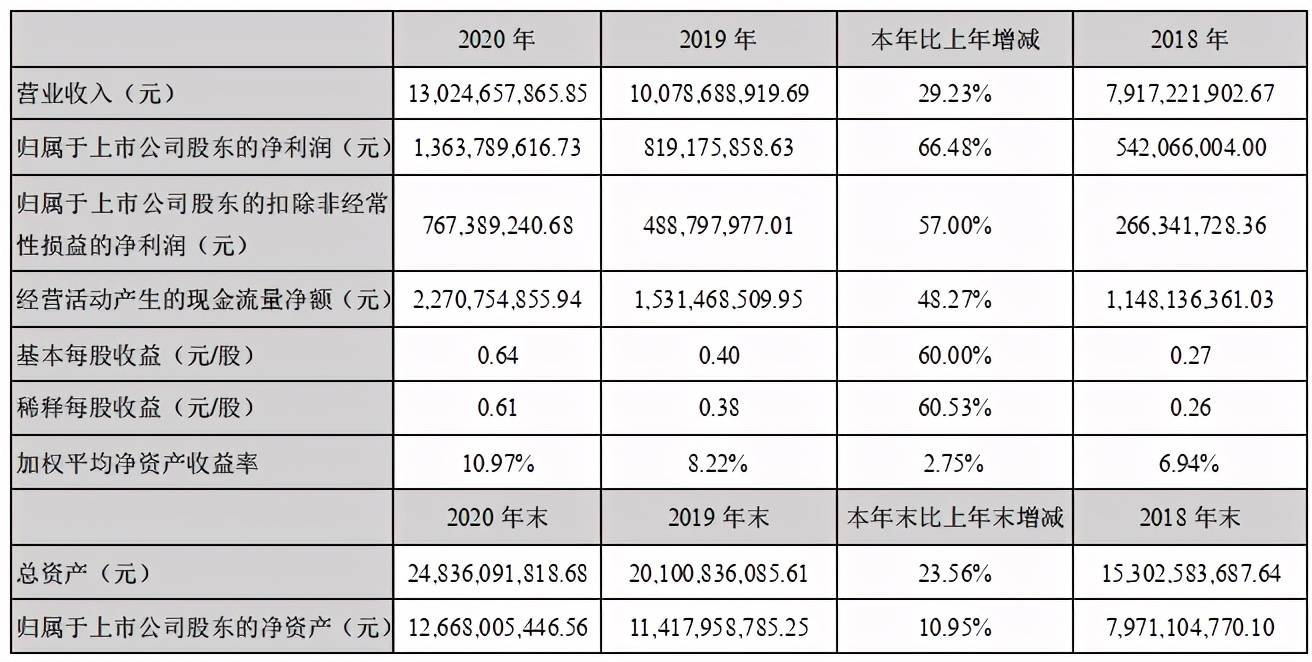The Brexit agreement aims to ensure that trade between the EU and Great Britain has a future. But many companies feel put off by the new bureaucratic hurdles.
From Constantin Röse, ARD stock exchange studio Five years: That’s how long EU and British diplomats have been fighting for Brexit. With the Vote in the European Parliament the agreement is now closed – but with a clear warning from Commission President Ursula von der Leyen that this agreement has “teeth”. That sounds more like a threat than restarting relationships.
Northern Ireland contentious issue
So is the ongoing EU-UK dispute going on? No, says Jörg Krämer, Commerzbank’s chief economist: “We’ve seen the big brawl a long time ago. But there are still open issues.” For example the situation in Northern Ireland: The EU complains about violations of the UK against the exit agreement. This actually guarantees open borders between the British province and the EU member Ireland. However, the UK doesn’t like this. However, Krämer considers it unlikely that the EU will react to this with punitive tariffs. “I do not believe that this conflict will escalate to such an extent that the European Union will introduce tariffs on the movement of goods,” says the economist, because: “The European Union would cut its own flesh.” If you look at the total exports of the EU to Great Britain, they did not decrease in January.
Bureaucratic hurdles deter companies
The picture is very different in the case of German-British trade relations. German exports to Great Britain collapsed by 30 percent in January compared to the previous year. The mood in German companies is correspondingly bad. Customs formalities in particular are a thorn in their side for companies that want to export goods to the island, explains Carsten Brzeski, chief economist at ING Bank. “You were in part surprised by all these bureaucratic hurdles that have now been built up by the fact that Great Britain is no longer a member of the European internal market.” This leads to higher costs and more bureaucracy, according to Brzeski, and that scares some companies off. According to a survey by the British Chamber for Commerce in Germany and the consulting firm KPMG, 17 percent decided to stop foreign trade with Great Britain completely because it is no longer worthwhile for them.
Still many questions unanswered
In this divorce, however, it also becomes clear that many issues are still unresolved: What is the future of deep-sea fishing? Or how do the EU and Great Britain deal with financial services? Economist Brzeski does not yet believe in a quick relaxation between the mainland and the island. “In the coming months – probably also in the course of this entire year and also next year – we will see the negative consequences of Brexit rather than being able to talk about new opportunities here.” If anyone sees opportunities, it is the Brexit hardliners. You like to refer to the strong economic forecasts. According to this, economic growth in Great Britain is expected to be around six percent this year, in Germany, for example, only around 3.5 percent. The British economy owes this primarily to the vaccination success in the country – and by no means to Brexit. You will only really be able to see the consequences of this after the pandemic.





























































You must log in to post a comment.